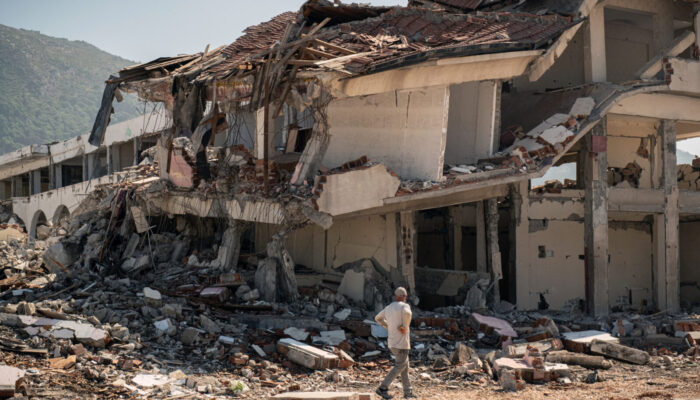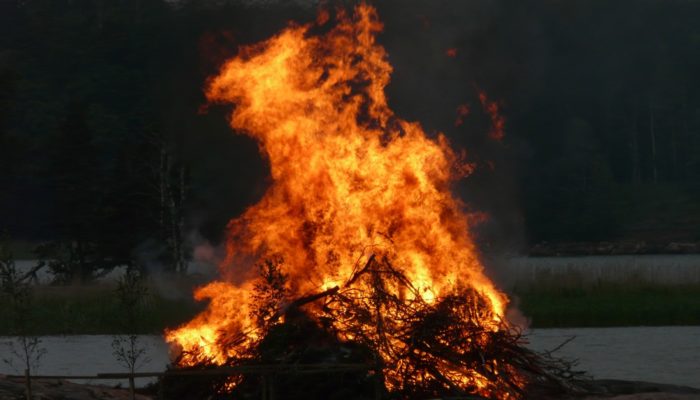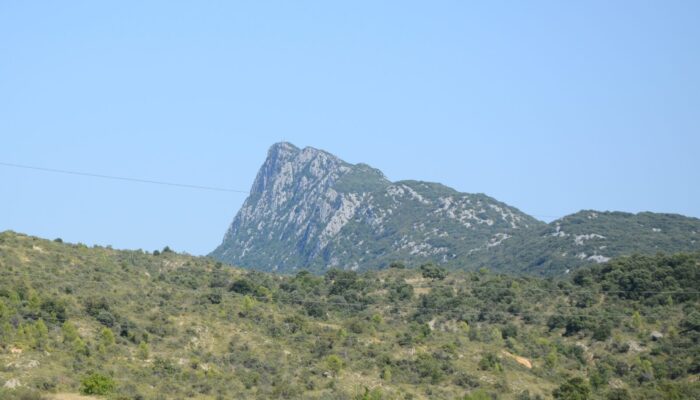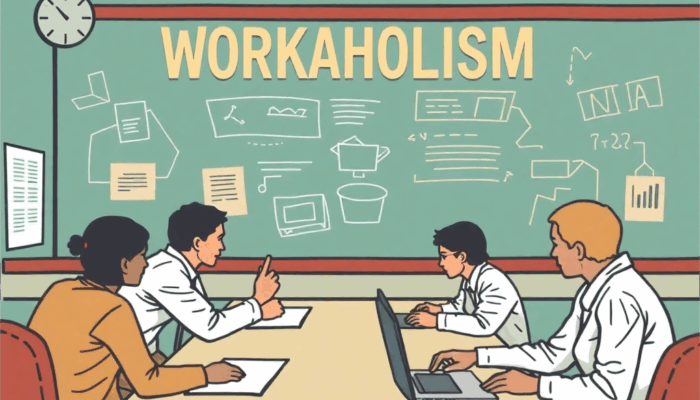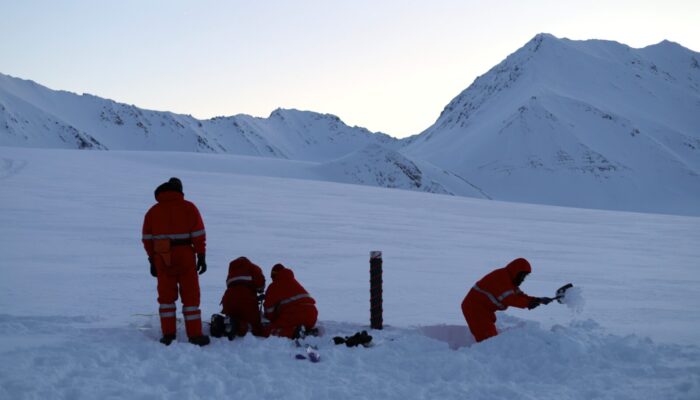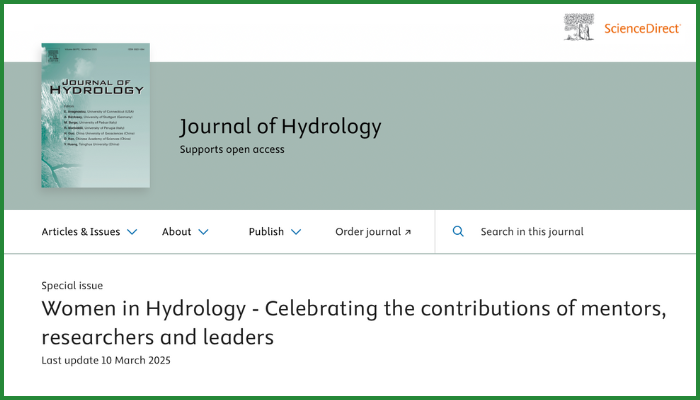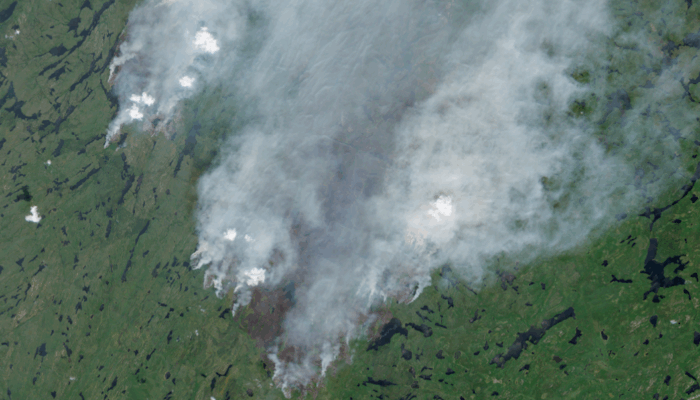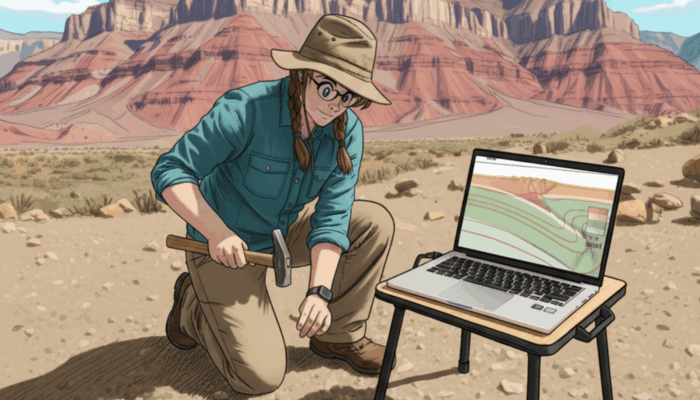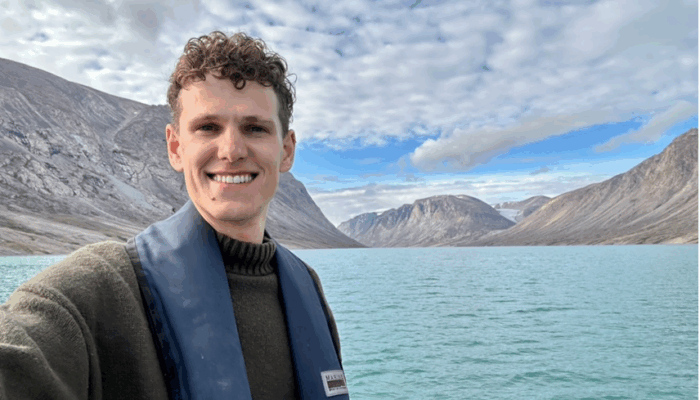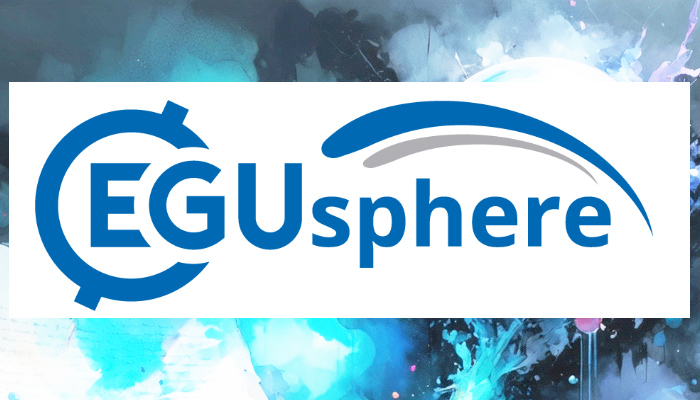This summer, we participated in a Service-Learning course titled “Breaking the Cycle of Disaster, Response, Recover, and Repeat”. The course was developed by Solmaz Mohadjer and offered as part of the Transdisciplinary Course Program at the University of Tübingen, Germany. We were brought together from different disciplines to explore key factors that contribute to effective disaster risk reductio ...[Read More]
Geodesy
EGU Campfire Geodesy – Share Your Research – 13th Edition
We are excited to announce the 13th edition of Geodesy Campfire – Share Your Research in November. The Geodesy EGU Campfire Events “Share Your Research” give (early career) researchers the chance to talk about their work. We have two exciting talks by our guest speakers, Maciej Michalczak and Alex Lăpădat. Below, you can find the details of the topics awaiting us. We will have time to network afte ...[Read More]
Tectonics and Structural Geology
Throwback Summer – retracing student steps at the Pic Saint-Loup, France
The region around the Pic Saint-Loup is a popular destination for many European universities to teach mapping field courses – and there is a reason for it, even besides the great landscape, good food and nice weather. Let’s take a tour to discover why! The Pic Saint-Loup itself is indeed so impressive that some former students return at later stages in life “dragging” along other geologists ...[Read More]
Geodynamics
The hidden effects of academic excellence: workaholism in Academia
Years have passed since I started my academic career, and I have come to realise that, in academia, excellence appears to come with a price tag. Stress and pressure have become commonplace for academics, often normalising certain behaviours such as workaholism. This essay explores how workaholism have become a common practice in these working environments. It was late, the library lights were blin ...[Read More]
Cryospheric Sciences
Cryo Adventures – Discovering the beauty of polar winter
Only one month after starting my PhD, I found myself in a tiny plane flying over one of the most beautiful and breathtaking landscapes I’ve ever seen. I was on the way to the northernmost settlement in the world – the research village Ny-Ålesund. What I expected from the trip: cold temperatures, darkness, and lots of snow. What I found instead: stunning views, magical colors, friendly people, and ...[Read More]
Hydrological Sciences
Women in Hydrology – The Story of a Special Issue
It was 2021, and we were not feeling good. COVID-19 was in full force. Personally we were experiencing lockdown conditions, disruptions to our work, schooling and childcare arrangements. Our social media feeds were lighting up with stories about how women scientists were disproportionately exposed to the negative career impacts of the pandemic. The US was reeling from the aftermath of George F ...[Read More]
Biogeosciences
On fire and ice – the state of wildfires in the boreal zone
On the second episode of the EGU Biogeosciences Division’s podcast series, Bikem Ekberzade interviews Sander Veraverbeke on the current patterns of wildfires in the boreal zone (as well as Europe, this year) and the effects of climate change and human interference in their severity and return period. You can listen to the podcast here: Of fire and ice – the state of wildfires in the bo ...[Read More]
Geodynamics
From Rocks to Models: Reconciling Field Geology with Geodynamic Simulations
When reading a scientific paper or a text explaining the physical workings of the Earth, one of the most striking aspects is the methodological approach—sometimes involving numerical models, other times fieldwork and/or rock geochemistry. This diversity of approaches can initially cause some discomfort, a feeling that things are like square pegs in round holes. How can a computer model dialogue wi ...[Read More]
Ocean Sciences
Where Freshwater Meets the Fjord: Researching Carbon in a Changing Arctic
We sat down with Henry Henson, a PhD student at Aarhus University, whose path led from an early love of nature to studying the frontlines of climate change in the Arctic. Henry works with both Aarhus University’s Arctic Research Centre and the Greenland Climate Research Centre in Nuuk, exploring how Greenland’s coastal oceans absorb CO2 and how a warming, freshening Arctic is transforming these fr ...[Read More]
Hydrological Sciences
A quick update on the paper submission process for EGU journals
The EGU preprint server on EGUsphere was launched in 2022. It constitutes the (to-date) last step in a fully transparent and interactive peer-review and publication process. In its early days, authors could actively choose to submit their preprints to the new server or to submit them as preprints directly to a selected EGU Journal (see our blog post from March 2023). This option is now passé: all ...[Read More]

